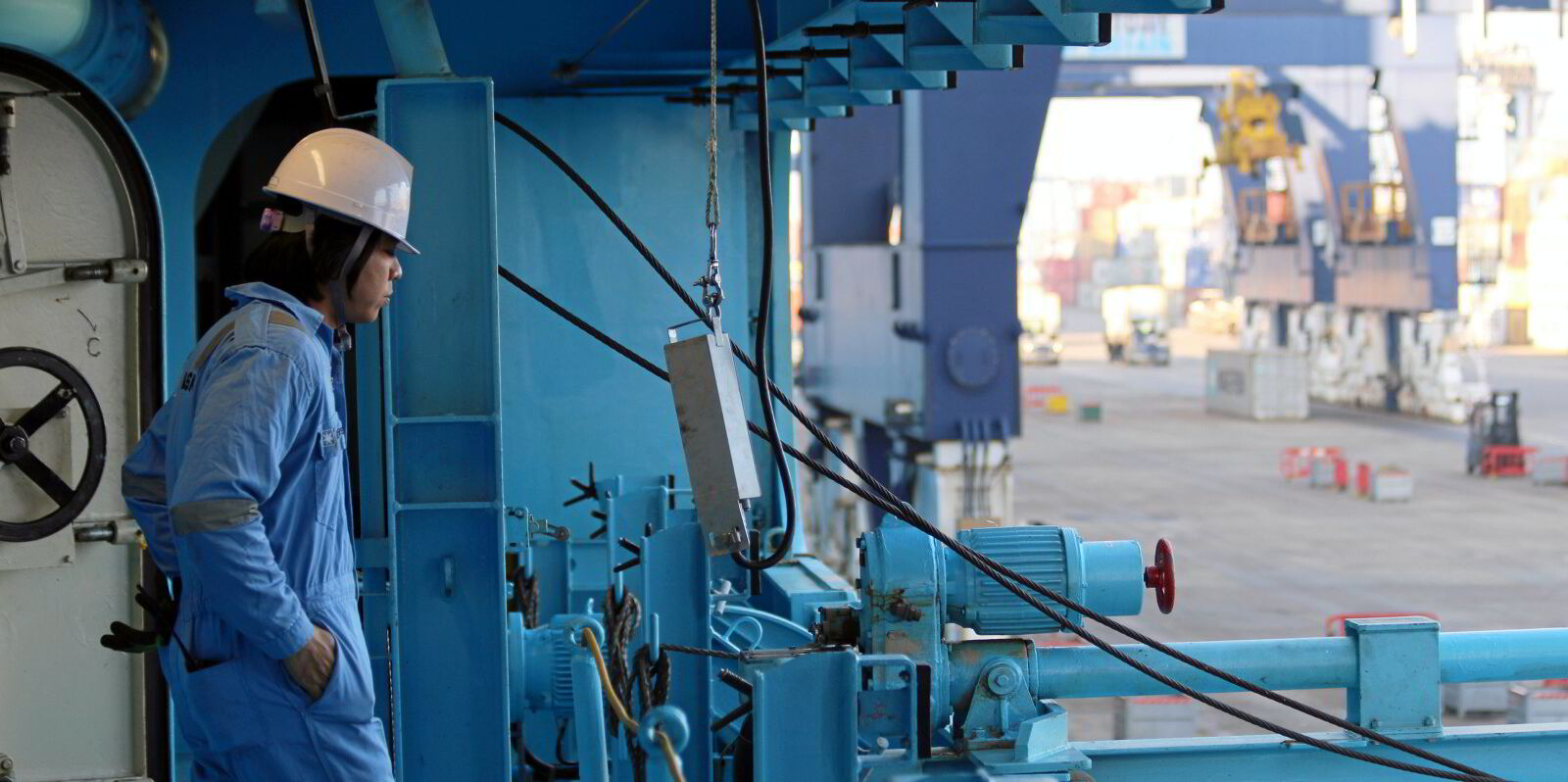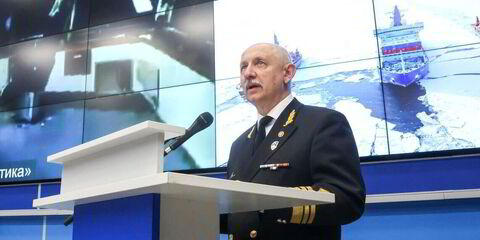New rules come into force today aimed at improving the rights of seafarers and conditions on board ships.
They include tightening up rules on the repatriation of crew members from abandoned vessels and extra responsibilities for shipowners to ensure onboard internet where practicable.
The measures are included in amendments to the Maritime Labour Convention (MLC), known as the seafarers’ “bill of rights”, which first came into force in 2013.
It is intended to provide crew members with decent work and to ensure a level playing field for quality shipowners that compete against substandard ships among the many thousands of merchant vessels trading internationally.
The convention has been signed by 108 countries, representing more than 90% of global tonnage.
Non-signatories include the US, United Arab Emirates and Pakistan, according to the International Labour Organization.
But researchers say significant gaps remain in enforcing the rules, highlighting major issues with unpaid wages and repatriation.
The changes are aimed at putting further pressure on owners, operators, ports and states to ensure decent living and working conditions for crews.
The new provisions include rules on providing good quality drinking water free of charge and balanced meals, according to a briefing by protection and indemnity club West of England.
It includes calls for properly sized personal protective equipment, partly in response to the growing number of women seafarers who have been forced to wear gear designed for men
Seafarers must also be informed by private recruiters of their rights to compensation for potential financial losses during their employment.
Seafarers’ Rights International, a London-based body researching maritime and seafarers’ law, said in a study published this year that the convention had been only 65% effective.
The group said that the convention was described as an “extraordinary accomplishment” when it was first agreed in 2006 but needed to be kept up to date to address new challenges, including autonomous ships and climate change.
Executive director Deirdre Fitzpatrick said: “These findings challenge any complacency about the MLC working efficiently and uniformly around the world.”(Copyright)
Read more
- Decarbonisation, disruption and a disruptor-in-chief: Key themes that shaped shipping in 2024
- Cooking up a storm: Idan Ofer’s Chef Patrick reinvents food at sea
- Swedish Club publishes children’s book as a Christmas gift to absent seafarers
- After a year of attacks, Houthis plan shipping security seminar
- Crewman stabbed multiple times as armed men storm tanker near major sea route





